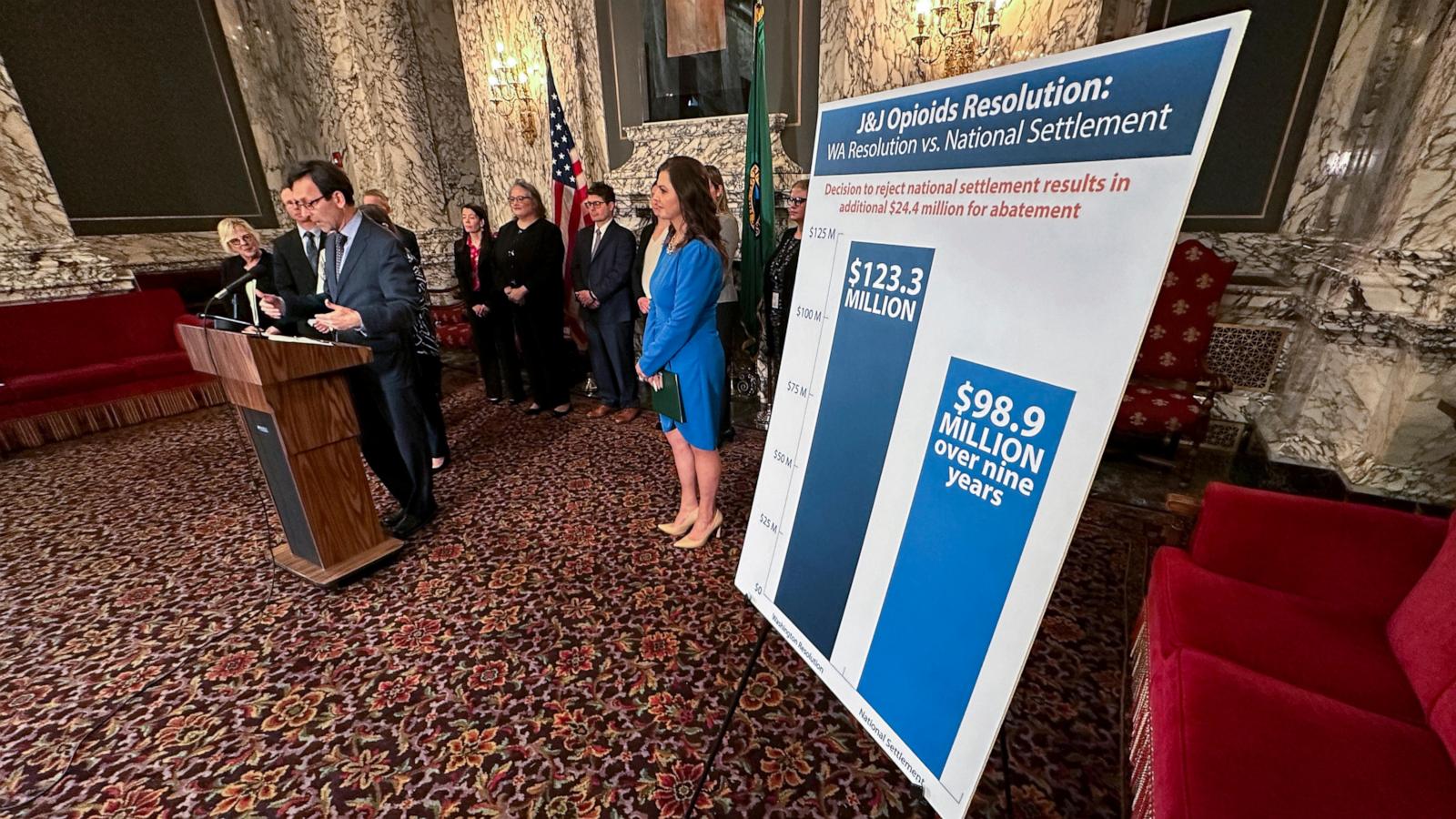Are Billions in Opioid Settlement Funds Being Wasted? A Shocking Look Inside
The opioid crisis has ravaged communities across the United States, leaving countless lives shattered and families devastated. But amidst the tragedy, billions of dollars in settlement money have been awarded to help combat the crisis. However, a recent analysis reveals a shocking truth: a significant portion of this money isn't being used effectively, leaving many to question whether the funds are being squandered rather than used to address the most critical needs.
Misuse of Opioid Settlement Funds: Where's the Money Going?
Millions intended to fight the opioid epidemic are being funneled into initiatives that haven't been proven to work or aren't directly aimed at addressing the crisis' core issue. The funds allocated to fight addiction are being used for purposes including buying drug-sniffing dogs, equipping jails with body scanners, and funding training centers instead of directly aiding those in recovery. This has angered advocates and those most affected by the crisis.
Unproven methods are receiving billions
A lack of transparency surrounds these misallocations, compounding the problem. The process for deciding where the funds are distributed varies significantly from place to place, causing a massive issue with fairness. While many areas do form committees with experts in recovery, harm reduction, and public health, others disregard these crucial aspects. Critics point out that such approaches lack a necessary understanding of what truly effective intervention requires. It is not surprising that some states have diverted considerable sums toward less effective methods rather than investing strategically in solutions backed by evidence.
The voices of those impacted are not being heard
Many organizations and committees tasked with distributing funds seem to not be effectively including those who have direct lived experiences with addiction. A lack of transparency makes the allocation process particularly troubling, leaving much room for doubt about the best practices of this use of the funding. By excluding those with direct experiences of addiction, the decision-making process fails to accurately prioritize programs that tackle immediate and long-term challenges that require support.
The Need for Transparency and Accountability
Transparency and accountability are crucial when managing such significant public funds. Public health advocates and policymakers must demand the open sharing of allocation data, clear spending criteria, and mechanisms for reviewing results and impact regularly. Creating an atmosphere of responsibility will be paramount for building a more trustworthy and efficient process.
Advocacy is paramount
With such staggering amounts of money being mishandled, this situation requires immediate action. People impacted by the opioid crisis must demand transparency and accountability for the utilization of these funds, along with advocating for evidence-based and community-driven initiatives. The focus must be shifted to provide direct support and community-driven programs.
Impacting the lives of recovering users
As it stands, those actively struggling with addiction and the individuals providing assistance in recovery programs often report struggles to get funding and resources. Several advocates highlight that proper aid and investments in evidence-based support services such as counseling, therapy, medication-assisted treatment (MAT), and long-term recovery planning are much needed, instead of funds being allocated to less relevant measures. There is a tremendous need for more transparent reporting mechanisms along with independent evaluation processes.
What Needs to Change
The current system needs drastic reform. We need to shift the focus away from funding questionable programs that yield minimal effects on addiction rates, which diverts resources from effective programs such as harm reduction and long-term support for those in recovery. Funding that improves immediate and long-term well-being is paramount.
Prioritizing community input
A renewed commitment is needed to ensuring that local communities impacted by the opioid crisis have a voice in how funds are used, incorporating feedback and expertise from people with lived experience to create truly effective strategies. The experience and perspective from those directly affected by the opioid epidemic will add valuable insights, leading to impactful funding allocation.
Shifting towards long-term solutions
We need sustainable, long-term solutions instead of short-term fixes. It is essential to provide robust and consistent support and resources to address the root causes of addiction while focusing on long-term solutions such as community-based programs. To effectively battle this epidemic, strategic investments in preventative measures will be essential. It's crucial to address social determinants of health, particularly poverty and lack of access to healthcare, alongside improving mental health resources, as well as expanding prevention efforts at the local community level.
Take Away Points
- Billions in opioid settlement funds are not being used efficiently in many communities, leaving numerous crucial programs inadequately funded.
- Lack of transparency and community input lead to poor decision-making on spending and resource allocation.
- A dramatic shift is necessary toward evidence-based practices and community-driven initiatives that provide more sustainable, long-term solutions.
- Effective strategies should prioritize supporting individuals with substance use disorder alongside creating preventive programs within communities.




